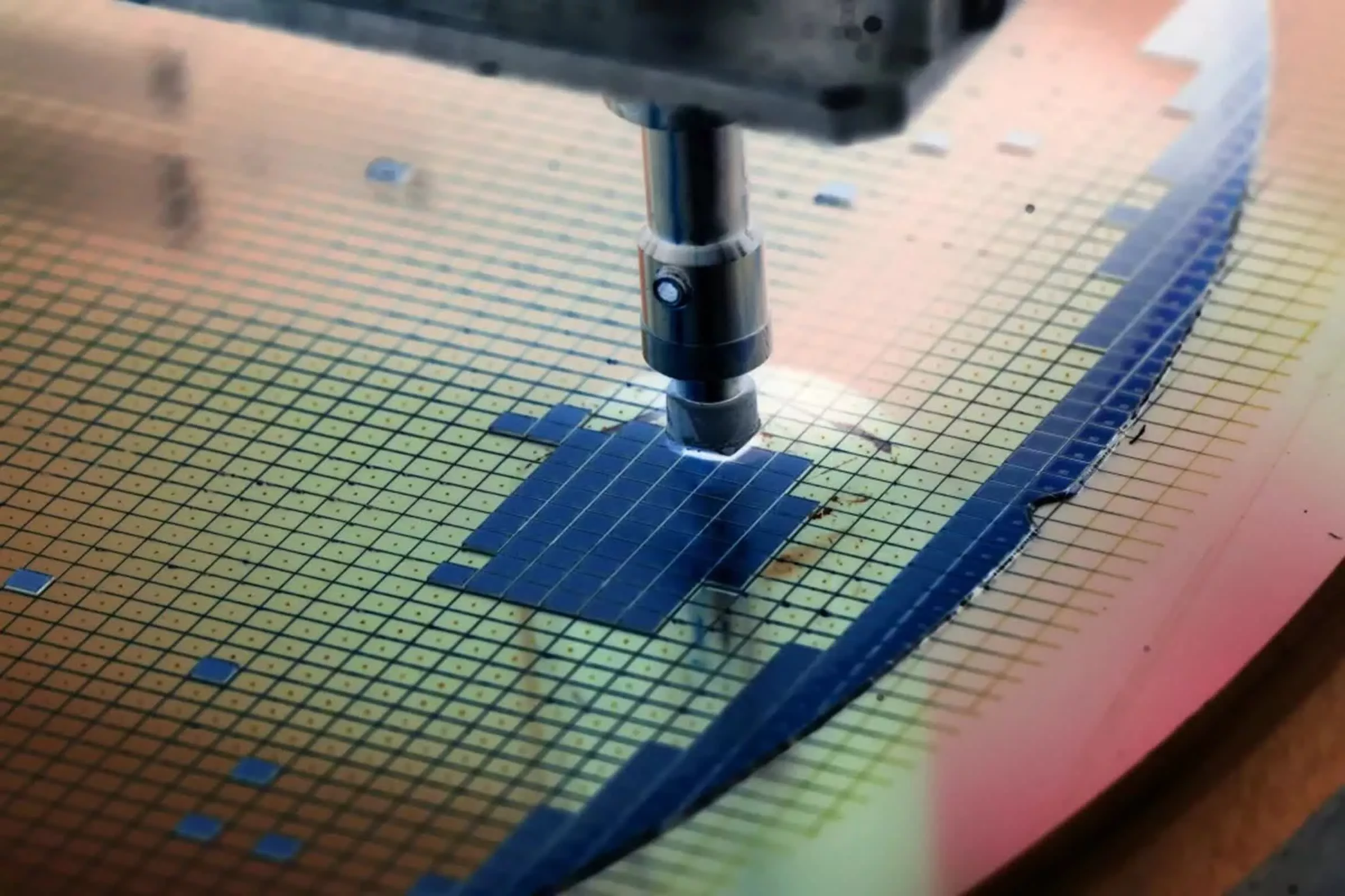The big picture: Taiwan is moving to strengthen its grip on advanced semiconductor technology and overseas investments, signaling a significant shift in how the country manages its critical chip industry. Lawmakers have passed amendments to the Industrial Innovation Act, introducing strict new controls over the export of cutting-edge process technologies and outbound investments by semiconductor companies, most notably TSMC.
At the heart of the new measures is the so-called “N-1” rule, which prohibits companies from exporting their most advanced semiconductor manufacturing technology. Instead, only technology at least one generation behind what is available domestically can be deployed in overseas facilities.
Premier Cho Jung-tai confirmed this policy, which will directly affect TSMC’s planned expansion in the United States and ensure that the company’s latest innovations remain within Taiwan’s borders.
Previously, Taiwan’s regulations did not explicitly restrict the export of advanced semiconductor manufacturing processes. The new rules, enshrined in Article 22 of the amended Industrial Innovation Act, are expected to come into force by the end of 2025.
The government’s intent is clear: to maintain Taiwan’s technological edge and safeguard national security in the face of rising geopolitical tensions and global competition in the semiconductor sector.
TSMC currently leads the industry with its N3P process node, but it plans to begin producing chips using its next-generation N2 process by the end of this year. Looking ahead to late 2026 and beyond, the company expects two flagship nodes: N2P, designed for client applications, and A16, which features advanced power delivery for high-performance computing.
However, it is still unclear which nodes will be classified as “flagship” and thus subject to export restrictions, or if the government will impose simultaneous bans on multiple nodes when even newer technologies are introduced.
The amendments also empower authorities to reject or revoke overseas investments if they threaten national security, harm economic development, violate international agreements, or result in unresolved labor disputes. The law now formalizes these restrictions, elevating them from sub-regulations to statutory law and introducing explicit penalties for non-compliance.

Under the revised rules, companies investing abroad without prior approval could face fines ranging from NT$50,000 to NT$1 million (up to about $30,800). Repeat or serious violations, such as failing to address risks to national security or economic development after approval, could result in fines of up to NT$10 million (about $308,000).
While these penalties are significant, they are unlikely to deter major players like TSMC, which has announced plans to invest $165 billion in its US operations.
The Ministry of Economic Affairs has stated that the law’s implementation date will be set after further regulatory revisions, with enforcement expected no earlier than late 2025.







